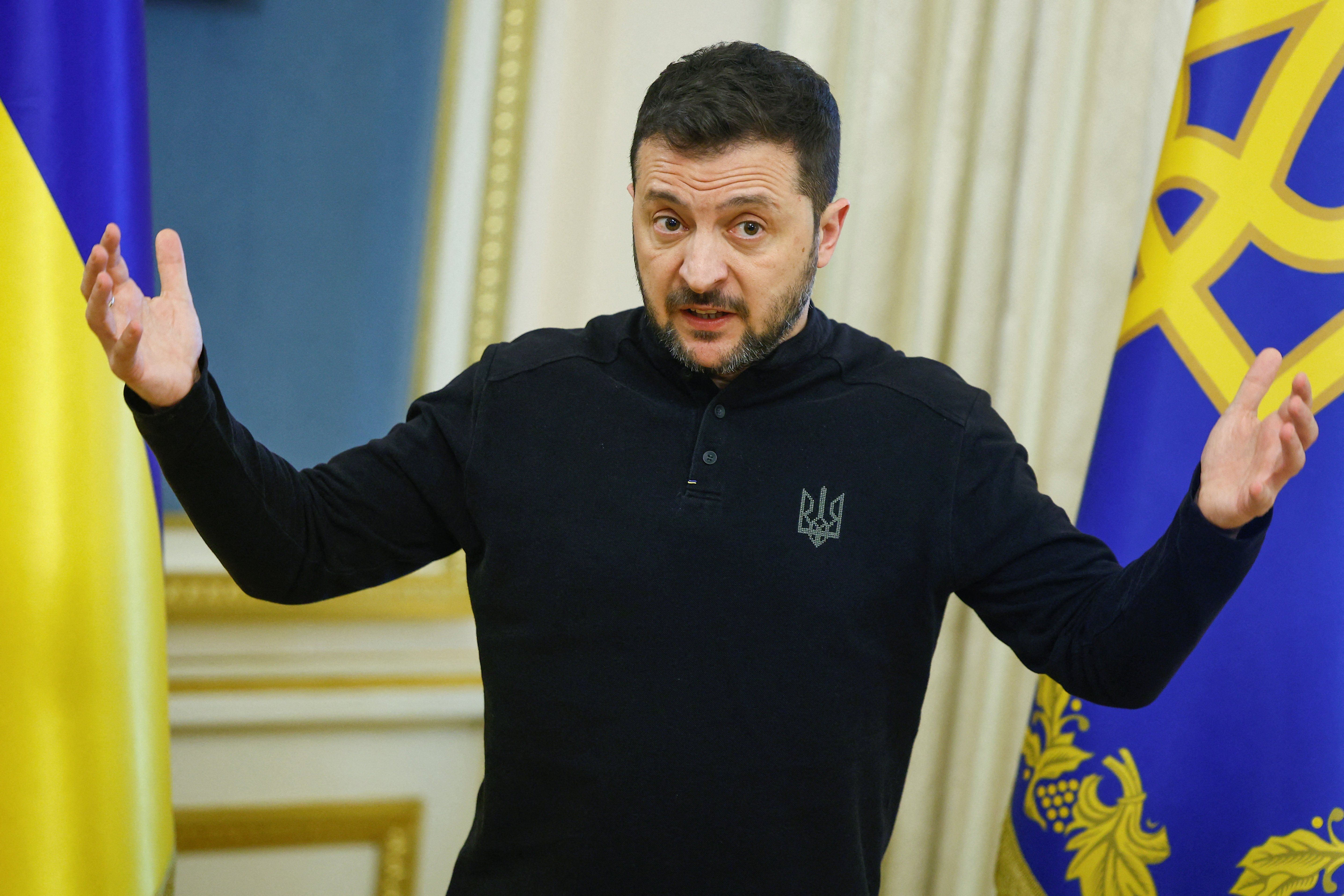GZERO Explains: The curious case of Trump’s rare earths deal in Ukraine
Ukraine agreed on Wednesday to cede control over a substantial share of future mineral riches to the United States, part of a sweeping deal US President Donald Trump has suggested as a condition for continuing to support Kyiv. Trump has repeatedly claimed that the deal – which his administration says is worth $500 billion – is about “rare earths.”
So, what are rare earths? They’re a family of 17 elements used to make weapons, wind turbines, electric vehicle batteries, and other modern electronics. Among the key metals are neodymium, praseodymium, dysprosium, and terbium, the prices of which have largely fallen over the past year as demand for electric vehicles declined.
Where do they come from? Until the 1990s, the US was the top supplier, but Beijing now controls roughly 70% of the world’s raw, unprocessed rare earths and nearly 90% of the refining capacity. China isn’t shy about using that leverage – in 2010 Beijing cut off rare earths shipments to Japan amid a diplomatic dispute and has on occasion threatened to do the same to the US too. But total global production of rare earths each year amounts to only about $15 billion. That’s equal to about two days of global oil production, according to Bloomberg.
Is Ukraine a major producer? Not at the moment. Ukraine isn’t even mentioned in a US Geological Survey report on global supplies. The country has some small-scale mines that produce scandium, a rare-earth metal used in oil refining, and lightweight aluminum-based alloys like those used in bicycle frames. But those production sites are relatively tiny.
What about other minerals? Ukraine has about 7% of Europe’s supplies of titanium, a lightweight metal used to make everything from airplanes to sporting equipment to the newer versions of the iPhone. The country has some notable deposits of graphite, a key mineral for batteries and nuclear reactors. There are also some small reserves of lithium, the main ingredient in batteries, as well as iron, manganese, and uranium.
But overall, Europe’s second-largest country by landmass ranks 40th among the world’s mineral-producing nations. That could change, but mining is an energy-intensive process, and Ukraine’s power plants and pipelines are largely ruined after three years of war. What’s more, some of the rare earths are located in the eastern parts of Ukraine under Russian occupation.
So what’s in the deal? It would create a fund into which Ukraine would place half of the proceeds of “future monetization” of Ukraine’s mineral wealth, including oil and gas deposits. The size of the US stake in the fund is to be worked out in the future.
What’s not? Security guarantees from the US to Ukraine. Kyiv had sought this as part of the deal.
So, with so much uncertainty, what’s this deal really about? It’s hard to say. From Trump’s perspective, the promise of future mining revenues may offer political cover to keep US military support in place for the time being. From Zelensky’s, that’s worth it in itself, and he may figure he can negotiate security guarantees later.
What’s next? Zelensky is expected to travel to Washington in the coming days to sign the deal with Trump.
